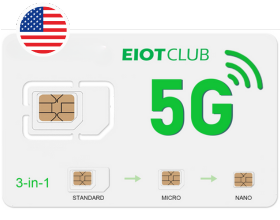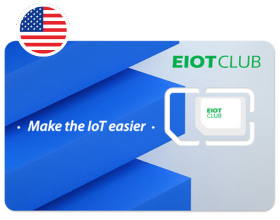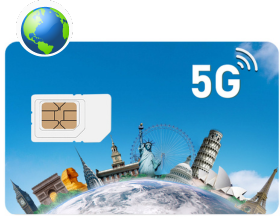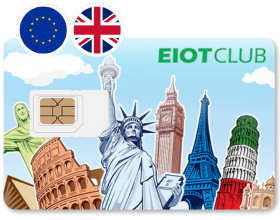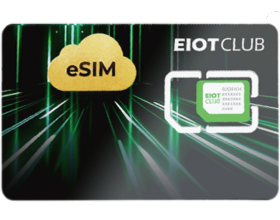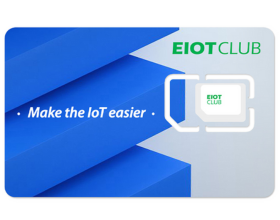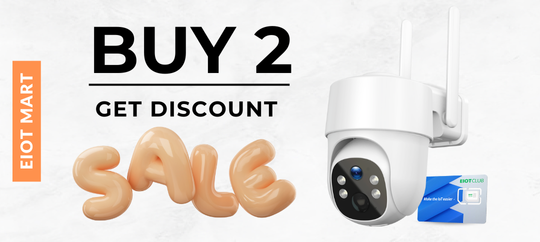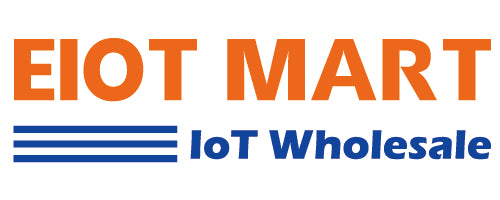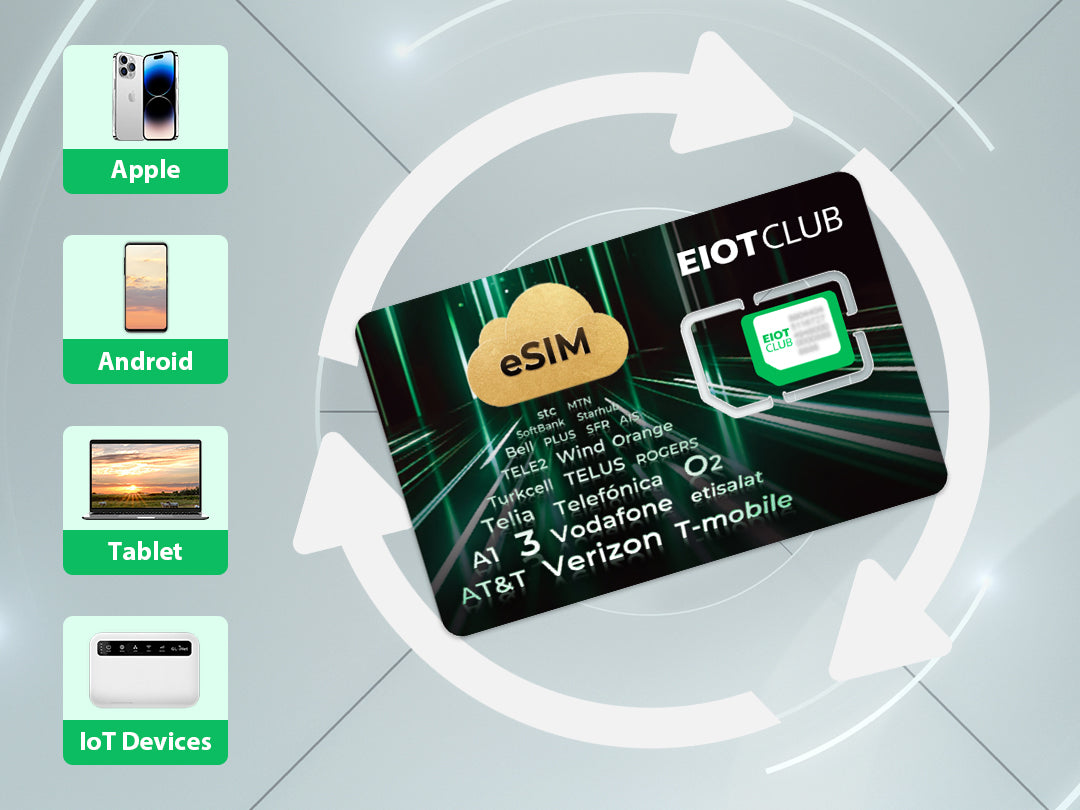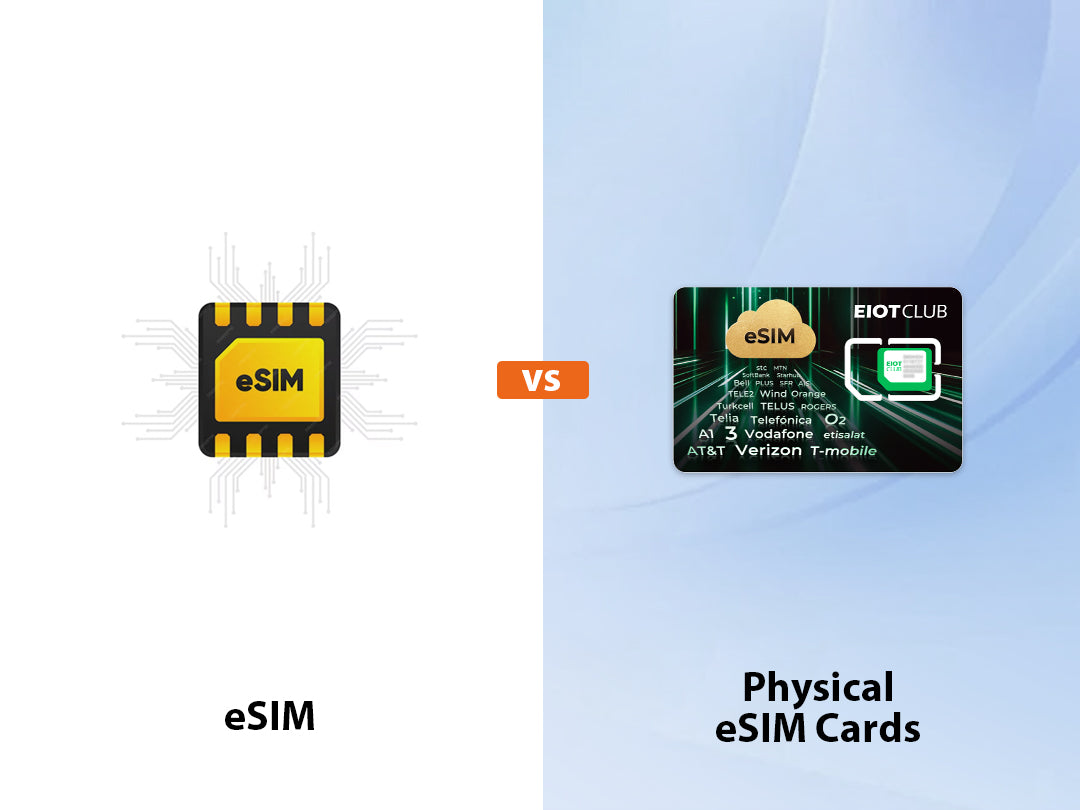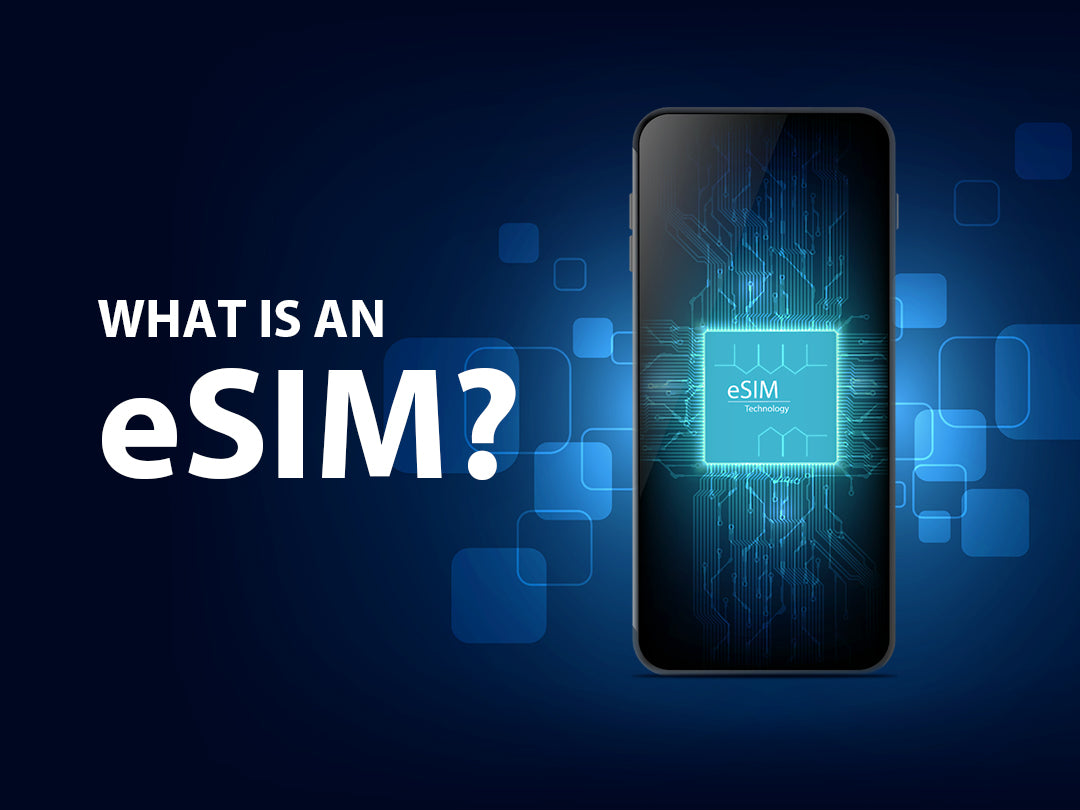How to Choose the Best Solar Security Camera

Choosing the right solar security camera can be a daunting task, especially with the wide variety of options available on the market today. With so many models offering different features, how do you know which one is the best fit for your needs?
This guide will walk you through everything you need to know to make an informed decision, ensuring that you choose a camera that provides reliable security while meeting all your specific requirements.
Types of Solar Security Cameras
When it comes to solar security cameras, there are several types to choose from:

1. Bullet Cameras
These are long, cylindrical cameras that are often mounted on walls or ceilings. Bullet cameras are known for their narrow field of view, making them ideal for monitoring specific areas like entrances or driveways.
2. Dome Cameras
Dome cameras are named for their dome-shaped housing, which allows them to blend in more discreetly. They usually offer a wide-angle view, making them suitable for covering larger areas.
3. PTZ Cameras
PTZ cameras provide the ability to pan (move left or right), tilt (move up or down), and zoom in on specific areas. This flexibility makes them perfect for monitoring larger spaces or following moving objects.
4. Wireless Cameras
Wireless solar security cameras connect to your home network via Wi-Fi, eliminating the need for cumbersome wiring. This feature makes them incredibly versatile and easy to install anywhere.
Key Features to Consider
1. Resolution and Video Quality
The resolution of the camera determines the clarity of the images it captures. Higher resolution cameras, like those offering 1080p HD or 4K UHD, provide sharp and detailed footage, which is crucial for identifying faces or license plates.

2. Lens Focal Length
The focal length of a camera lens affects its field of view and the distance it can capture effectively.
Wide-Angle Lenses: These lenses provide a broad field of view, ideal for monitoring large areas like parking lots or backyards.
Telephoto Lenses: With a narrower field of view, telephoto lenses are perfect for focusing on distant objects or specific areas of interest.
3. Connectivity Options
When choosing a solar security camera, connectivity options are crucial as they determine how the camera will transmit data and communicate with other devices.
Cellular Connectivity: Some solar security cameras come equipped with a built-in SIM card, allowing them to connect to the internet via a cellular network. This option is ideal for remote locations where Wi-Fi is unavailable. Cellular cameras are self-sufficient, requiring no wired connections, and can send alerts or stream footage over 4G or LTE networks.
Wi-Fi Connectivity: Most modern solar security cameras are Wi-Fi-enabled, allowing them to connect to your home network. Wi-Fi connectivity is convenient for properties where a stable internet connection is readily available. It supports easy setup and provides real-time access to your camera’s feed through a mobile app.
Wireless Connectivity: Solar security cameras that are wireless offer ultimate flexibility in placement. Without the need for Ethernet cables, these cameras can be installed in various locations around your property. However, it's important to ensure that the camera remains within the range of your Wi-Fi network or has strong cellular signal coverage for reliable performance.
4. Battery Capacity and Life
The battery is the powerhouse of your solar security camera. It's crucial to choose a camera with a high-capacity battery that can store enough energy to power the camera during nighttime or cloudy days.
5. Night Vision Capabilities
Security cameras need to perform well at night, as many break-ins occur after dark. Look for cameras equipped with infrared (IR) LEDs, which provide visibility in complete darkness. Some cameras also offer color night vision, a feature that enhances image quality during nighttime surveillance.
6. Motion Detection and Alerts
Motion detection is a key feature in any security camera. When the camera detects movement, it can send instant alerts to your smartphone, allowing you to respond quickly. This feature is especially useful for monitoring remote locations or ensuring your home is safe while you're away.
7. Remote Access and Monitoring
Remote access and monitoring capabilities are essential for modern security systems. With these features, you can view live footage, receive alerts, and control the camera from anywhere using a smartphone, tablet, or computer. Ensure that the solar security camera you choose supports remote access through a reliable app or platform, allowing you to keep an eye on your property no matter where you are.
8. Weather Resistance and Durability
Solar security cameras are typically installed outdoors, so they must be built to withstand various weather conditions. Look for cameras with high IP ratings (Ingress Protection), which indicate resistance to dust and water. Durable materials, such as metal or weather-resistant plastic, also contribute to the camera's longevity.
9. Storage Options
Solar security cameras offer various storage options, typically either cloud-based or local storage.
Cloud Storage: Offers convenient access to your footage from anywhere, but usually requires a subscription.
Local Storage: Involves storing footage on a microSD card or external hard drive, which can be more cost-effective but may limit storage capacity.
10. Budget Considerations
Solar security cameras come in a wide range of prices, depending on the features they offer. While it might be tempting to go for the cheapest option, it's important to balance cost with the necessary features for your specific needs. Typically, high-quality solar security cameras range from $100 to $500.
Recommended Solar Security Cameras
Based on the features and factors discussed, here are some top solar security camera models to consider:
Option 1: Avstart 4G LTE Cellular Security Camera with Unlimited Data SIM Card
- 2K/3MP HD
- Full-colour Night Vision
- Two-way Communication
- IP65 Water and Dust Resistant
- PIR Motion Detection and Intelligent Alerts System
- Eco-Friendly Power Solution
- Cloud Storage and TF Cards
- Exclusive 3-Year Unlimited Data
It offers great value for money with a long-lasting battery and durable build, perfect for remote areas.
Option 2: Reolink Go PT Plus Camera
- 3G/4G LTE
- Plug and Play
- Solar-Powered Support
- 360° Coverage
- Crystal Clear Night Vision
- Eco-Friendly Power Solution
- Cloud Storage and TF Cards
It offers high resolution, robust night vision, and excellent connectivity options, making it ideal for urban and suburban settings.
Conclusion
Choosing the right solar security camera involves considering several factors, from image quality to connectivity and battery life. By understanding your specific needs and the features available, you can find a camera that provides reliable security and peace of mind for your property. Solar security cameras offer an eco-friendly, cost-effective, and flexible solution to home and property surveillance, making them an excellent choice for anyone looking to enhance their security measures.
